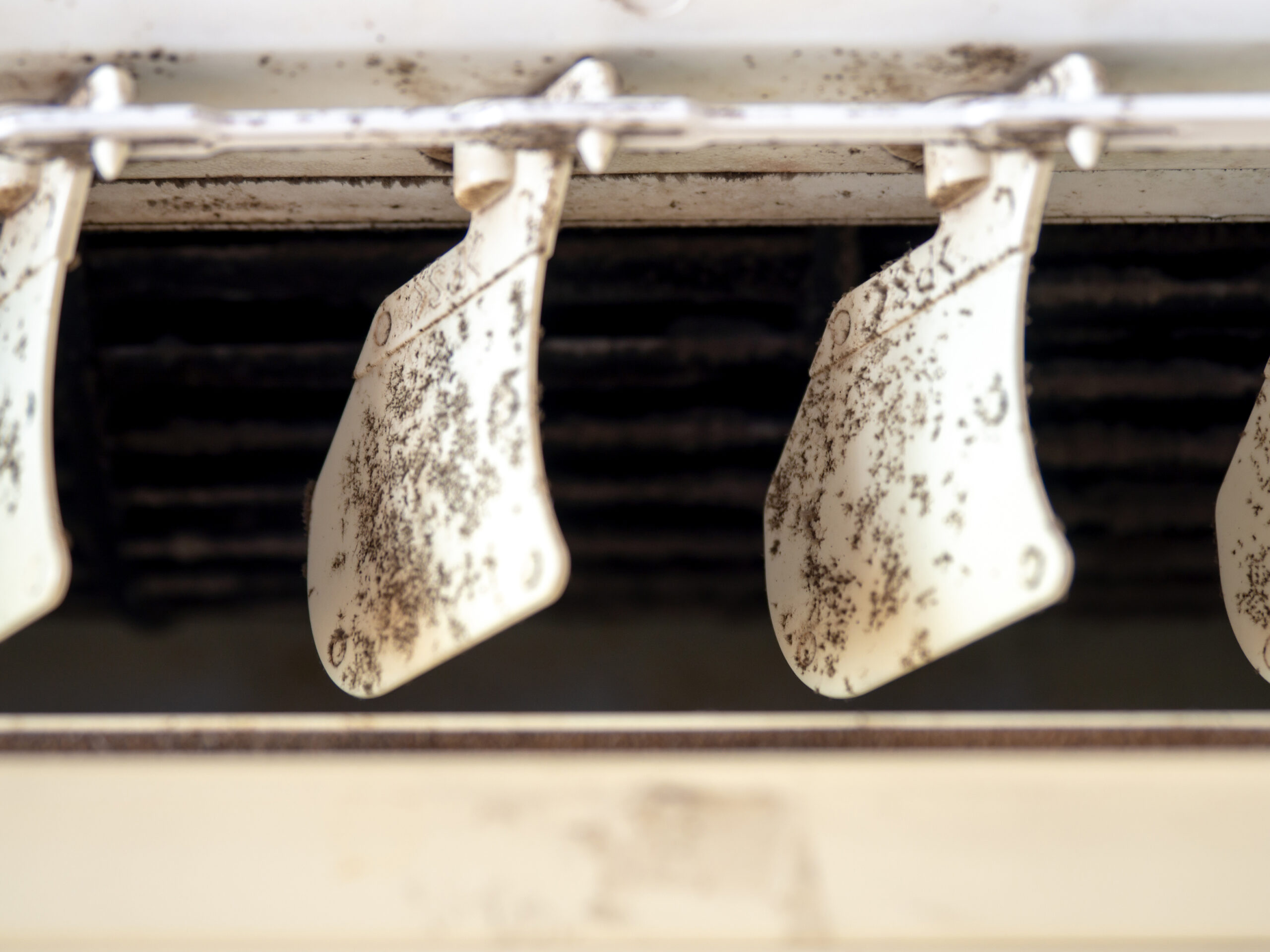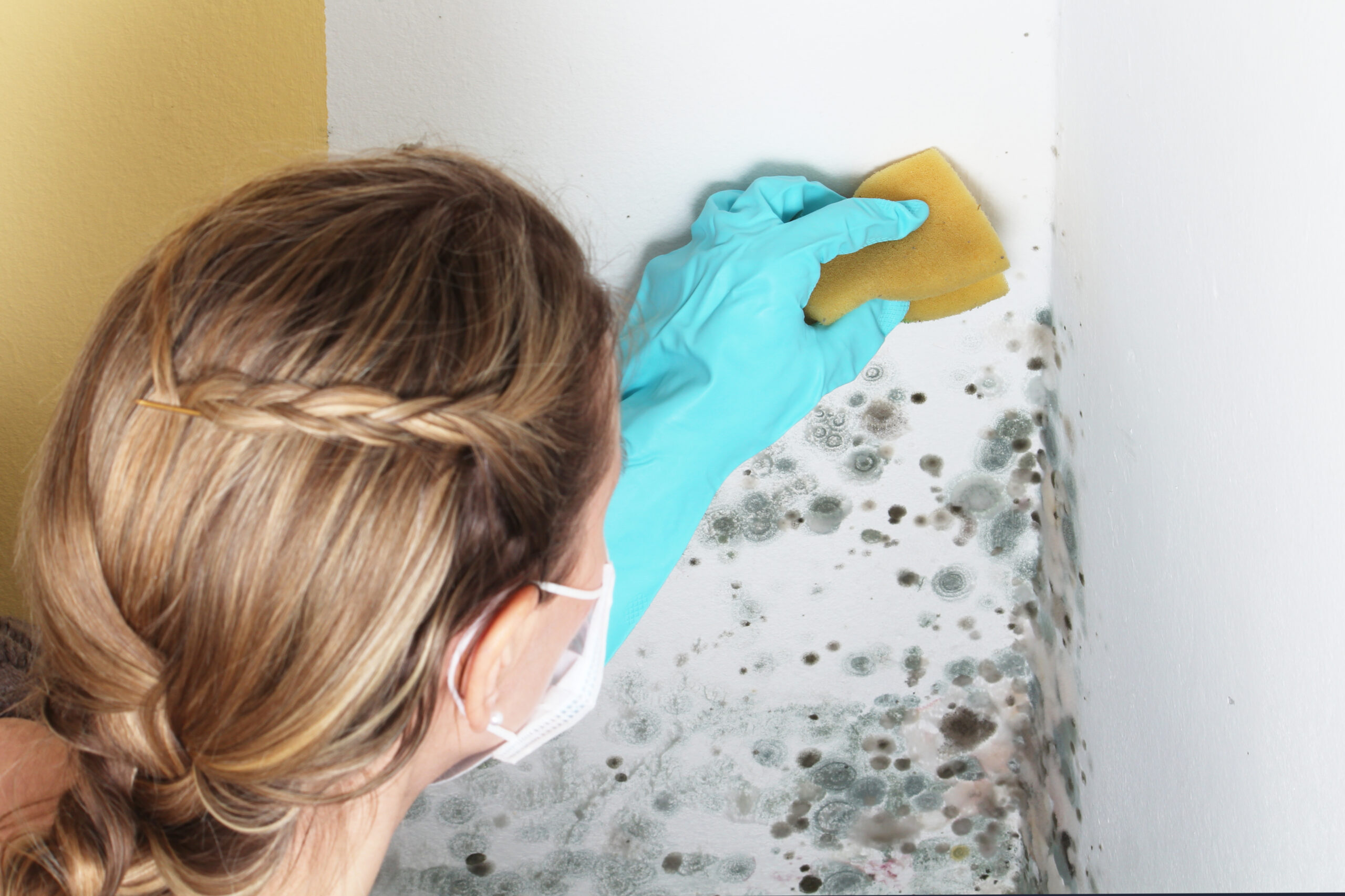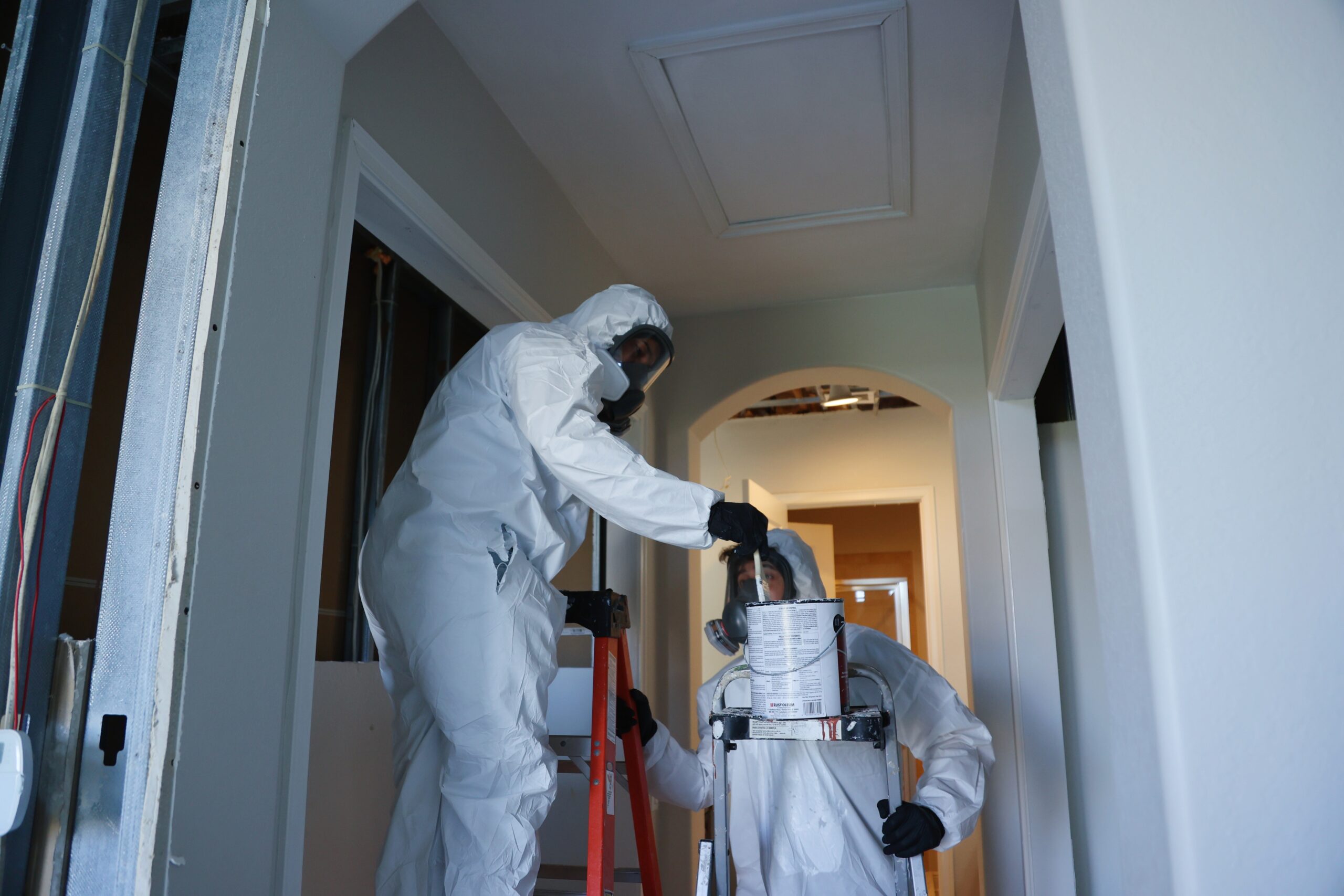Expert answers from Mold Zero – Proudly Serving Tampa Bay & Surrounding Areas
Florida’s warm, humid climate makes mold a year-round issue for homeowners in the Tampa Bay area. Whether you’ve already spotted signs of mold or you’re just trying to prevent it, we’ve compiled this comprehensive FAQ to help you stay informed and protected.
Q: Can vinegar kill mold?
A: Partially true.
Vinegar can kill some types of surface mold, but it’s not effective against all strains—especially when it comes to porous materials like drywall, wood, or insulation. It also doesn’t remove airborne mold spores. It’s a quick DIY cleaner, but not a complete solution for mold removal.
Q: Can bleach kill mold?
A: Kind of. (and potentially dangerous).
Bleach may remove visible mold stains, but it doesn’t penetrate deep into porous surfaces where mold often thrives. Even worse, bleach can release harsh fumes and sometimes causes mold to release more spores into the air. Mold Zero uses non-toxic, EPA-registered solutions as part of our Signature Fog™ treatment for thorough, safe remediation. How bleach is applied is important. It can actually cause the mold to break up and produce spores. Bleach loses its potency over time reducing its effectiveness. Bleach may change the color so you think you did something. It can be used to clean mold but you would need to know what can be cleaned and what can’t be cleaned.
Q: If I don’t see mold, then I don’t have it.
A: Not completely true.
Mold often grows behind walls, beneath floors, or inside HVAC systems—completely hidden from view. If you’ve had water damage, high humidity, or musty odors, you might have mold even if you can’t see it. That’s why professional inspections and air testing matter.
Q: Mold always smells.
A: Not always.
While mold often produces a musty or earthy odor, not all mold smells strong—especially when it’s growing behind surfaces or just starting to spread. Don’t assume your home is mold-free just because it smells fine.
Q: If I smell a musty odor, does that mean I have mold?
A: Very likely, yes.
A musty or “old basement” smell is a strong indicator of hidden mold. That smell comes from MVOCs (microbial volatile organic compounds) that mold releases as it feeds on wood, paper, or drywall. If you notice this smell, it’s time for an inspection.
Q: Mold remediation companies charge a lot and rip out walls. Isn’t there a better solution?
A: Yes—Mold Zero’s Signature Fog™.
Mold Zero’s Signature Fog™ technology allows us to treat the entire home—including hidden mold—without tearing down walls. It’s faster, safer, and in most cases, more affordable.
We aim to do the least amount of demolition in order to get the mold remediated standardly.
Q: Mold isn’t really a serious problem, right?
A: False.
Mold is more than a cosmetic issue. It can cause or worsen allergies, asthma, respiratory infections, chronic fatigue, and even cognitive issues. For children, the elderly, and anyone with compromised immunity, it can be dangerous. Left untreated, mold can also damage your home’s structure and lower property value.
Q: If I have mold in my bathroom, will I have to relocate for days or weeks to fix it?
A: Not with Mold Zero.
Our Signature Fog™ treatment usually takes just a few hours. We don’t do demolition unless it is factually needed so no need to vacate your home for days, and no messy construction. In most cases, you can safely return the same day the treatment is completed. As long as it is lined up to rebuild.
Q: I have a new home—is it possible for mold to be present already?
A: Yes, absolutely.
New homes are not immune to mold. Construction materials like wood and drywall can absorb moisture before or during the building process. If the home was built during a rainy season mold could already be growing. That’s why even new homeowners should stay alert for musty smells, high humidity, or water issues. Building materials can get contaminated if left in environments that cause mold growth.
Q: What temperature should I set my thermostat at during summer in Florida to prevent mold growth?
A: Keep it between 71°F and 75°F.
To reduce moisture and humidity—two things mold loves—set your thermostat no higher than 75°F during the summer, even if you’re not home. Avoid shutting off your A/C entirely when traveling. Run the fan in the “On” instead of “auto” to prevent humidity buildup. With your thermostat set between 71°F-75°F it will keep the air circulating. This helps reduce warm and cool spots throughout the home and actually makes the air conditioner more efficient. As your air conditioner lowers the temperature of the air, it removes moisture. Cooler air cannot hold as much humidity as warmer air.
Q: What room in my house is most prone to mold? What should I do?
A: Bathrooms, kitchens, and laundry rooms are most at risk.
These rooms have frequent moisture and often lack proper airflow. Use exhaust fans, clean up water immediately, inspect plumbing regularly, and consider a dehumidifier if humidity consistently runs high. Also, inspect tile grout, under sinks, and behind appliances for early signs of mold.
Q: If my bathroom pools water, what should I do?
A: Clean it up immediately and investigate the cause.
Standing water is a breeding ground for mold. Always dry wet surfaces quickly and fix the underlying issue—whether it’s a slow drain, leaky faucet, condensation or poor tile sealing. Use an exhaust fan to remove moist air and consider resealing problem areas to prevent moisture intrusion.
Still Have Questions? Mold Zero Has Answers.
Whether you suspect mold or just want peace of mind, Mold Zero offers free inspections, expert treatment, and no-demolition remediation using our proven Signature Fog™ technology.
Proudly serving Largo, Tampa, Clearwater, St. Pete, and surrounding Florida areas. Call or Book Your Free Inspection Today




